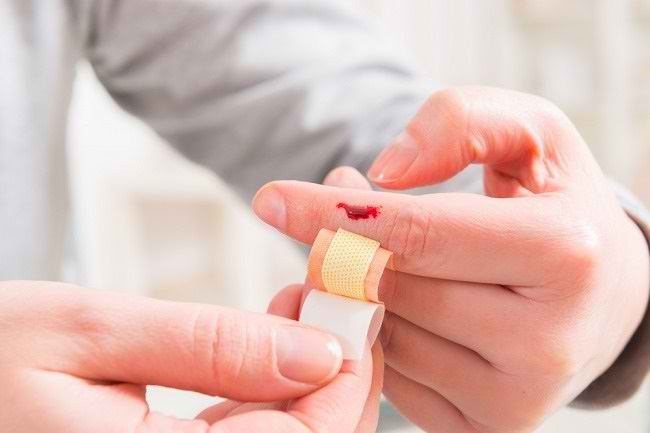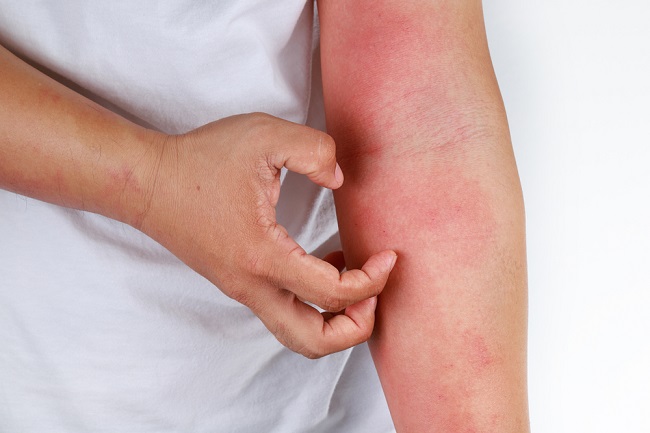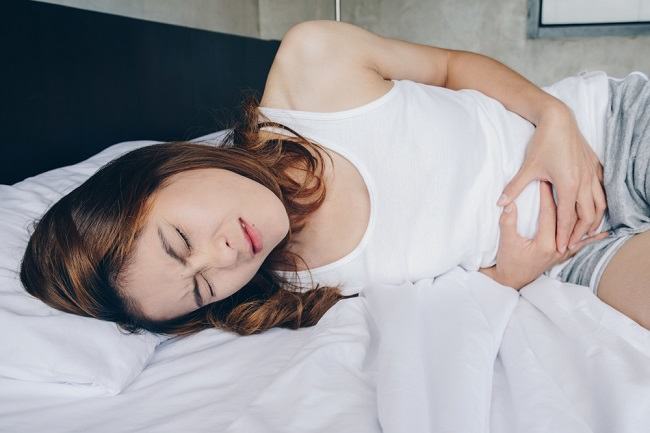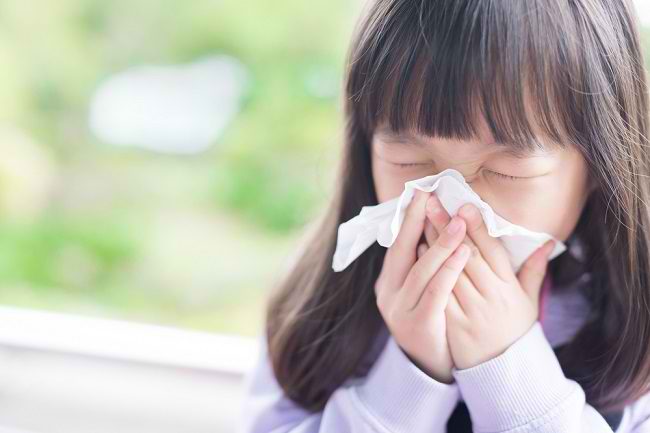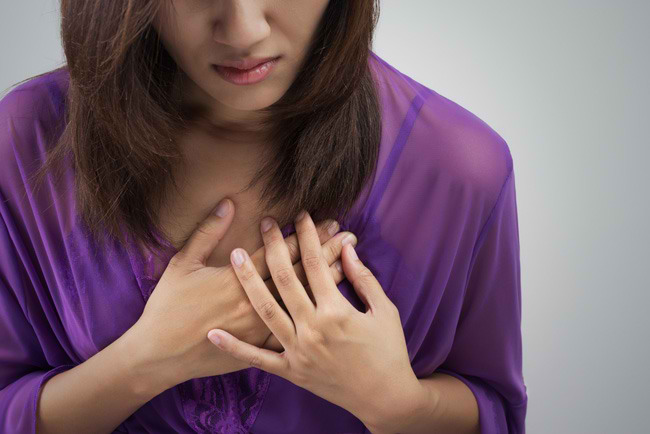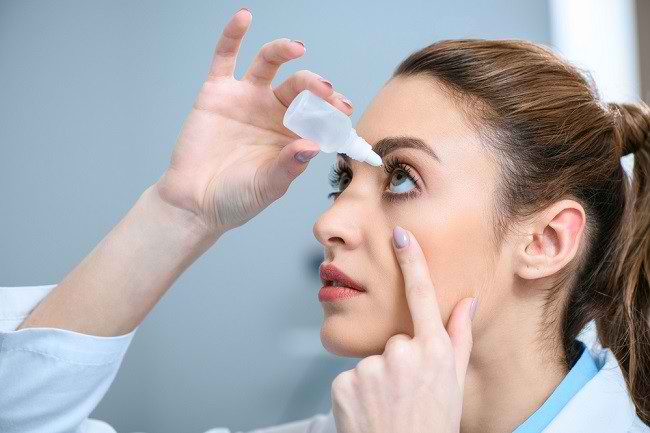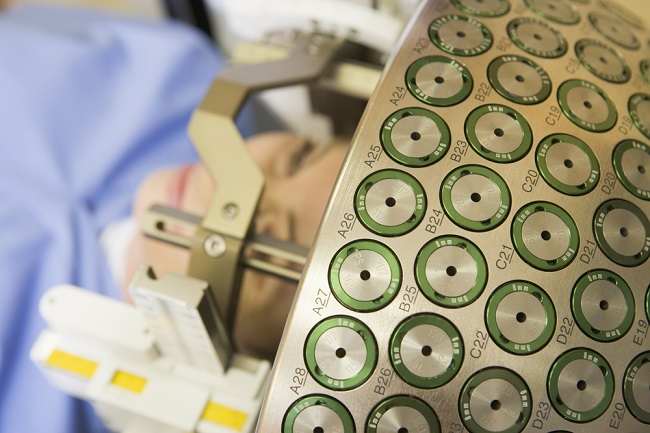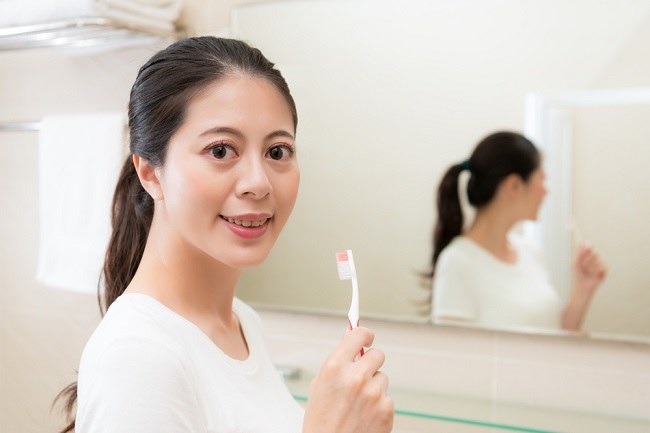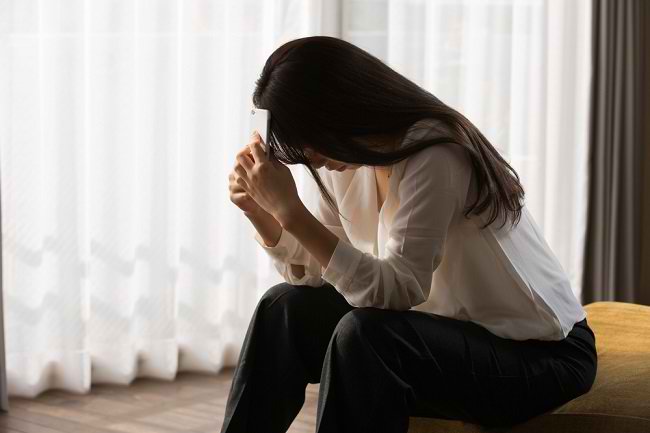Medical check-up visa is a health check to meet the requirements of a country's visa application. This health check aims to prevent the risk of spreading infectious diseases from the country of origin to the country of destination.
A visa is an official permit granted by a country to residents of another country in order to visit or stay for a certain period of time. Most countries require residents of other countries to have a visa before entering their territory.

To get a visa, a person needs to provide the results of a medical check-up as one of the requirements for applying for a visa. Medical check-up visas are carried out by doctors or hospitals that have been appointed by the immigration agency of each country.
Indication of Medical Check Up Visa
Each country has different provisions regarding the terms and conditions that require a person to undergo a medical check-up visa. The following are some conditions that require a person to do a medical check-up to get a visa:
- Have plans to live or stay in the destination country, for example for >12 months in New Zealand, >6 months in the UK, or >6 months in Canada
- Applying for a visa as a seasonal worker in the destination country (recognized seasonal employer limited visa)
- Apply for a visa to study in the destination country (student visa) or join other educational programs
- Come from or have visited a country that has a high incidence of tuberculosis or HIV/AIDS
- Have or are at risk of developing a serious infection, such as HIV or hepatitis B
- Have a history of drug use
- Have you ever had a blood transfusion?
- Have a plan to give birth in the destination country, for pregnant women
Medical Check Up Visa Warning
There are several things that need to be considered before undergoing a medical check-up visa, namely:
- Ask the doctor or the chosen hospital in advance what preparations need to be made before a medical check-up.
- Tell your doctor what medicines you are currently taking, including supplements and herbal products, because the chemicals contained in certain medicines or supplements are feared to affect the results of your medical check-up.
- Tell your doctor if you have a chronic illness or other medical disorder.
- Avoid consuming alcohol at least 24 hours before undergoing a medical check-up, because it can affect test results.
- Avoid medical check-up procedures when you are menstruating, because it can affect urine test results.
- Avoid this type of examination using X-rays for pregnant women, because it can affect fetal development.
Before Medical Check Up Visa
Prepare the following documents before undergoing a medical check-up visa:
- Original passport
- ID card or birth certificate
- Passport photo (size and number determined by immigration authorities)
- Cover letter from embassy
- The results of the examinations that have been carried out, such as medical records, vaccination history, or X-rays
- Records of drugs being consumed
- Contact lenses, if you're using them
Visa applicants, especially those under 17 years of age, are also required to bring their parents or guardians with them when undergoing a medical check-up visa.
Medical Check Up Visa Procedure
Each country has different provisions regarding the types of tests that visa applicants need to undergo in a medical check-up visa. However, the type of medical examination that a visa applicant must undergo generally depends on the following:
- Type of visa applied
- Length of stay in the destination country
- Activities to be carried out in the destination country
- Age of visa applicant
- History or risk of infectious disease in the country of origin
- Certain medical conditions the applicant suffers from
The series of examination procedures that can be carried out in a medical check-up visa are:
Health history check
This stage is the earliest stage and must be carried out in the medical check-up visa process. The doctor will ask the patient several questions, such as:
- Current state of health
- Medical history of the patient and the patient's family, including the types of diseases that have been suffered or diseases passed down from the patient's family
- Types of drugs being consumed
- History of surgery or other medical therapy that the patient has gone through
- The patient's lifestyle and daily habits, such as exercise or smoking
Vital sign check
Before checking vital signs, the doctor will first measure the patient's height and weigh. Only after that, vital signs are checked. This examination aims to measure blood pressure, heart rate, body temperature, and respiratory rate.
General examination of the patient's condition
This examination is carried out on several parts of the body to detect disorders that may be experienced by the patient. The inspections carried out include:
- Head and neck examination, to examine the ears, nose, eyes, throat, lymph nodes, thyroid, neck blood vessels, and teeth and gums
- Cardiac examination, to detect abnormalities or disorders of the heart, such as an irregular heartbeat or abnormal heart sound
- Lung examination, to detect abnormal breath sounds
- Abdominal examination, to detect enlarged liver, spleen, and the presence of fluid in the abdominal cavity by pressing the patient's abdomen, and detecting abnormal sounds in the intestines with a stethoscope
- Examination of the nervous system, to check muscle strength, reflexes, and body balance
Supporting investigation
To find out some special conditions, the doctor will perform several types of supporting examinations, such as:
- Laboratory examination, by taking blood and urine samples for later analysis in the laboratory to detect infections, such as HIV, hepatitis, urinary tract infections, or syphilis
- X-rays, generally chest X-rays, to check the condition of the heart and look for possible lung infections, such as tuberculosis
- Tuberculosis test, because Indonesia is a tuberculosis (TB) endemic country, so some countries may require a TB examination before granting a visa
In addition to chest X-rays, tests to detect tuberculosis can also be done with sputum examination and the Mantoux test.
After and Results of Medical Check Up Visa
After the entire medical check-up process is completed, the doctor will assess and analyze the results of the examination.
The results of the inspection will then be reported and sent to the immigration authorities of the country concerned. After being sent, the results of the examination will be taken into consideration by the immigration authorities to accept or refuse a visa permit, in accordance with the health standards that have been determined by the applicant's destination country.
The results of the medical check-up visa are valid for 12 months. Applicants are required to do a re-medical check-up, if planning to apply for a visa again after 12 months.
Side Effects of Medical Check Up Visa
Medical check-up visas are carried out through several series of examinations. Side effects that may occur on a medical check-up visa can be caused by side effects from some of these examinations, such as discomfort or bruising on the part of the body that was pricked by a needle during a blood test.
